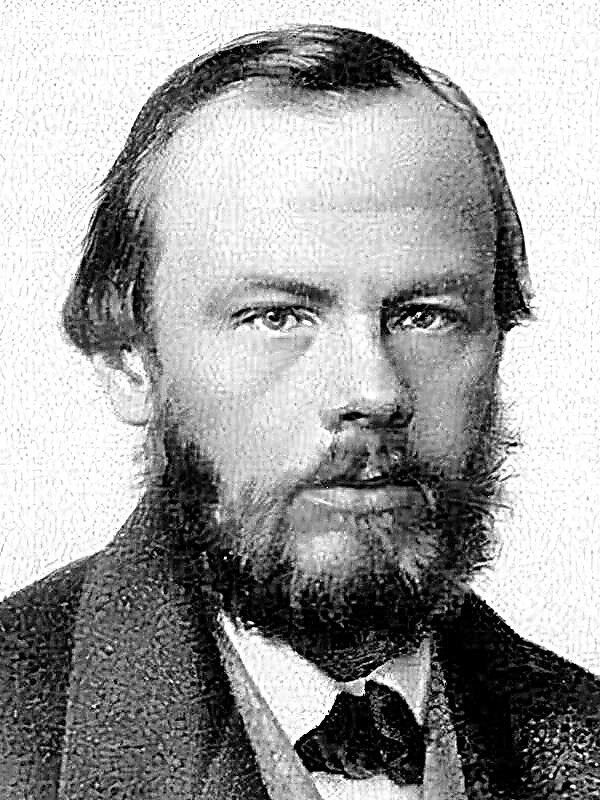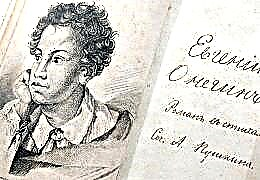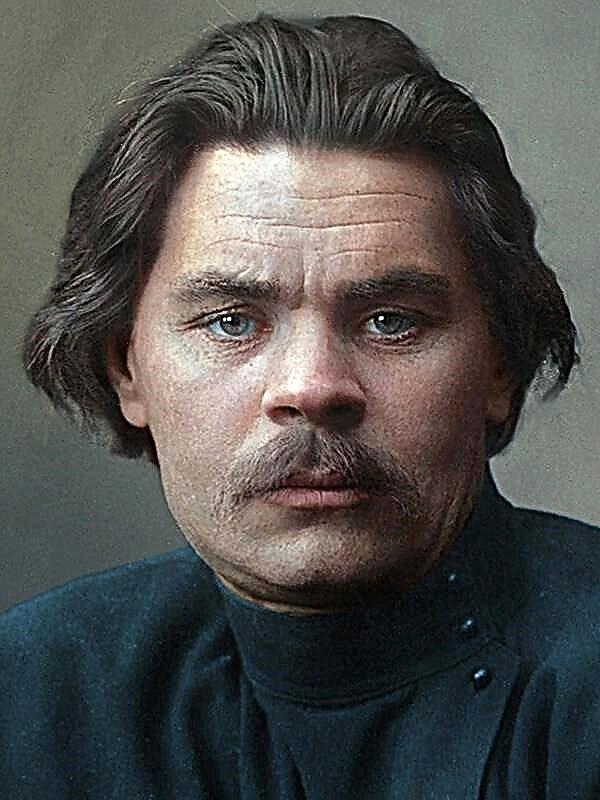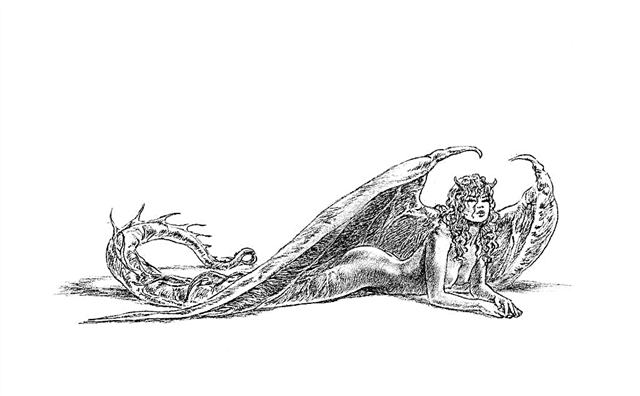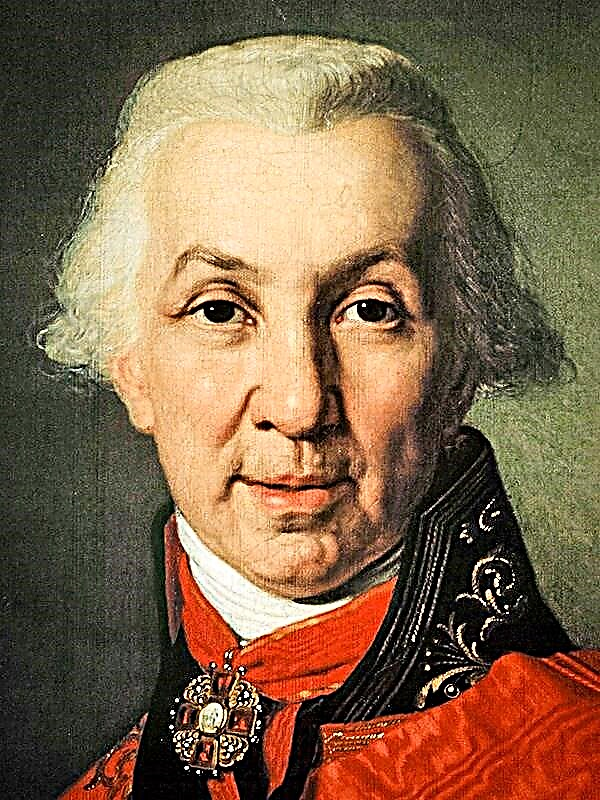(423 words) Often children do not respect, and therefore do not learn the experience of their parents, believing that it is already outdated. And the founding fathers themselves sometimes repel youth by tediousness, prejudice and moralization. Because of this, the bonds of generations are collapsing, and the consequences of this destruction are very tragic. To verify this, just look at examples from the literature.
In the epic novel by M. A. Sholokhov “Quiet Don”, revolution and civil war destroy the continuity of generations in the families of Cossacks. For centuries, their mentality has been built on traditions that have collapsed under the influence of human hostility. They had different beliefs, which they were ready to uphold, shedding fraternal blood. If before the revolutionary events in the families of the Cossacks unanimity reigned, then after them even the closest people ceased to understand each other. For example, the father of Grigory Melekhov, like his ancestors, had a clear idea of life: you need to fight for the king and faith. But his son went along with the red commissars, upholding the opposite beliefs: the king is down, there is no god. And the youngest daughter Panteleia married against the will of her relatives for Mishka, who also goes for the Bolsheviks. The family split, and the new generation rejected the experience of the previous generation. What are the consequences? Gregory lost his family, lost himself, completely confused that both sides preach. The fate of Dunyasha is also difficult to call happy, because she was married to someone who was considered an enemy in the village. Both heroes did not find happiness in values alien to their origin.
In the novel of I. S. Turgenev, “Fathers and Sons,” the continuity of generations is also destroyed, because the protagonist hardly communicates with relatives. Eugene travels, comes to visit, makes discoveries, but he does not find time for his family, so his formation takes place away from home. When Bazarov finally comes to his old people, he puts off the conversation with his father, referring to fatigue, although he does not sleep all night. But he was gone for three years! After three days of unkind and meager communication, Eugene leaves again, never having regained contact with his father and mother. They would be glad to talk, glad to share experience, including professional, but the son ignores their efforts to establish a conversation. What are the consequences? Bazarov died contracting typhoid, and only his parents visited the grave in a rural cemetery. Eugene never learned from these people to create a strong family, to build relationships with the opposite sex, so he could neither win Anna’s disposition nor accept her refusal. This emotional immaturity became an indirect cause of his early death.
Thus, the consequences of destroying the continuity of generations are always tragic and irreversible. Without the experience of fathers, children make irreparable mistakes, destroying the traditions, ideals and values of past eras. But on the ruins of the old, they can no longer create anything new, so they are bitterly disappointed in life and, as a rule, leave it prematurely.

